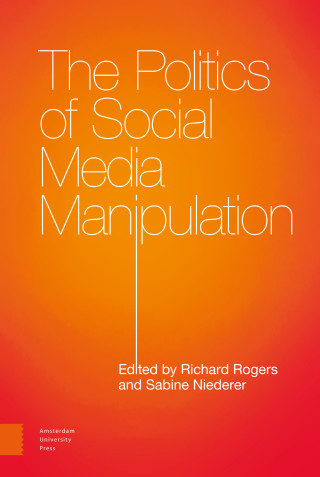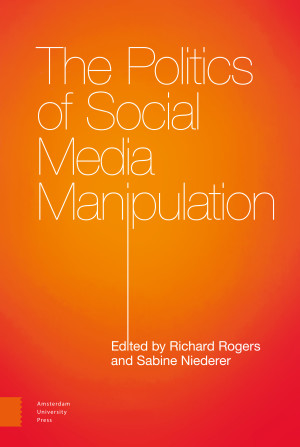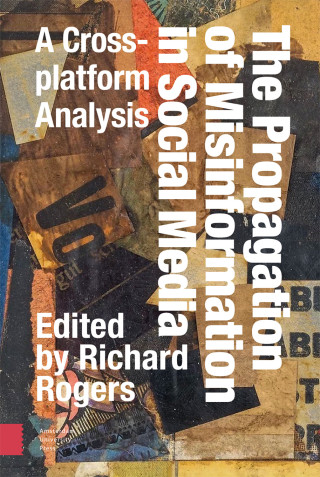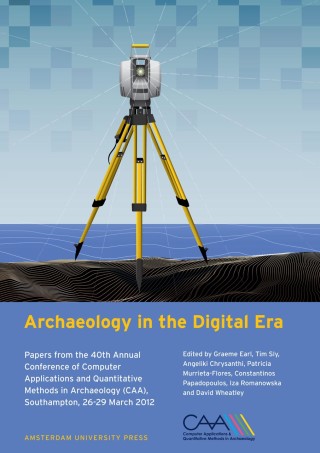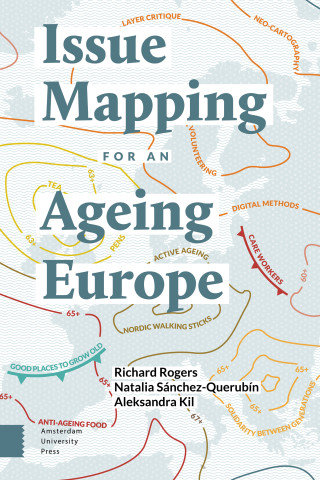Disinformation and so-called fake news are contemporary phenomena with rich histories. Disinformation, or the willful introduction of false information for the purposes of causing harm, recalls infamous foreign interference operations in national media systems. Outcries over fake news, or dubious stories with the trappings of news, have coincided with the introduction of new media technologies that disrupt the publication, distribution and consumption of news -- from the so-called rumour-mongering broadsheets centuries ago to the blogosphere recently. Designating a news organization as fake, or der Lügenpresse, has a darker history, associated with authoritarian regimes or populist bombast diminishing the reputation of 'elite media' and the value of inconvenient truths. In a series of empirical studies, using digital methods and data journalism, the authors inquire into the extent to which social media have enabled the penetration of foreign disinformation operations, the widespread publication and spread of dubious content as well as extreme commentators with considerable followings attacking mainstream media as fake.
